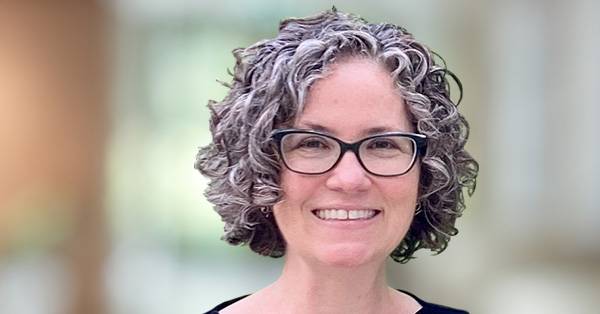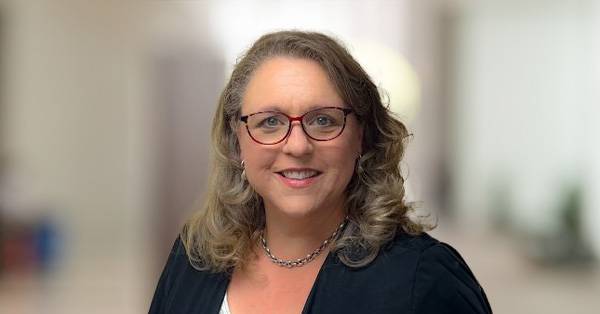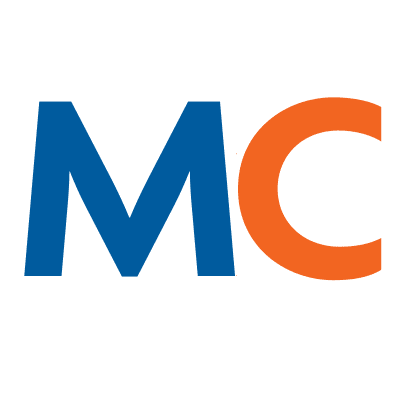- Solutions
- Solutions
- Home Health
- Hospice
- Life Plan Community
- Palliative Care
- Private Duty
- Senior Living
- Skilled Nursing
- Skilled Nursing
- Skilled Nursing Software
- Advanced Insights
- Customer relationship management
- Data and analytics
- Financial & operations management
- Marketing
- Nutrition management
- Referral management
- Regulatory compliance
- Retail management
- Resident engagement
- Revenue cycle management
- Skilled nursing interoperability
- Partners
- Blogs
- Resources
- About
- User Conference

Improve recruitment challenges with technology
The home health care industry plays a crucial role in providing essential medical services to people in the comfort of their own homes. The demand for skilled home health care professionals continues to grow, driven by an aging population and the increasing preference for home-based care.
However, recruitment challenges have been a persistent issue within the post-acute care sector. Over the past few years, the home health and hospice industry has seen a steady increase in general job dissatisfaction due to the administrative burden put on clinicians, which can take away time with the patient and negatively impact their work-life balance. With these staffing challenges, technology efficiencies are critical to creating staff satisfaction as well as recruiting and retaining clinicians.
Speech-to-text technology (nVoq)
MatrixCare uses nVoQ, a platform designed to be HIPAA-compliant. It has a variety of benefits including streamlining point-of-care documentation, capturing accurate speech recognition through an extensive library of healthcare industry terms, and utilizing agency-defined dictionaries of frequently used names, phrases, abbreviations and templates.
Clinicians can use this tool in many of the narrative areas at the point of care, allowing them to dictate the patient’s presentation rather than typing it manually. It’s built for home health and hospice providers to be secure, cloud-based, highly accurate, and easily accessible on a tablet.
Medication import (Surescripts)
Reconciling medications at the point of care can be time consuming, potentially taking hours. Add in shoeboxes of medication throughout a patient’s home and unreliable medication details from the patient, and it only complicates an already extensive process. By integrating with the Surescripts database, our system has access to 85% of pharmacy data nationwide. This means clinicians can receive pharmacy data in the field, helping with medication reconciliation, dosage changes and accuracy for home health and hospice.
Automated medication literature
With so many providers involved in a single patient’s care — including primary physicians, NPs, specialists, etc. — MatrixCare supports clinicians by providing medication teaching leaflets and auto-populating medication interactions, as well as documents which may be printed for the patient or even eFaxed to the physician from the point-of-care solution.
Ease of use
MatrixCare’s intuitive application promotes point-of-care documentation, allowing clinicians to document and tap into a robust patient history both on and offline. This on-the-go approach to documenting care improves accuracy, productivity and staff satisfaction — because it can be completed at the bedside.
Mapped interventions
Much of the care plan content within MatrixCare directly links many interventions to their corresponding assessment areas, which helps to promote documentation against the plan of care, reduce redundancy and improve consistency. In the end, this approach creates less back and forth between field staff and QA, ultimately giving clinicians better work-life balance.
Documentation by exception (Care Touch Logic)
Care Touch Logic allows clinicians to document by exception by only expanding applicable fields based on the documentation of the patient’s acuity. This captures a more thorough assessment while eliminating the burden of extraneous charting, saving the clinician precious time and effort.
Real-time communication (MatrixCare Link)
With our secure messaging platform, clinicians can coordinate care with ease, communicate with patients and families in real time and capture electronic signatures — and it all integrates into the EHR and saves into the patient record. This collaborative tool reduces the need for manual communication and saves time delivering documents electronically.
Automated IDT and case conference workflow
IDT and case conference processes can be a heavy lift for clinicians working in home health and hospice. The MatrixCare EHR automates how this information is captured by extracting data from the patient record — saving time prepping for IDT and case conference and automatically pushing the scheduled meeting time to each clinician’s device.
Home health and hospice organizations are facing continued recruitment challenges, but MatrixCare’s technology offers many promising solutions. Innovative technology is taking once manual processes and automating them into simple tasks that are no longer a burden to clinicians — empowering them to spend more time on patient care.
Request a demo today to see how MatrixCare can improve your staff satisfaction and recruitment.
See what MatrixCare can do for you
Margaret Morris
Margaret Morris, MA, CCC-SLP, is an ASHA Certified Speech-Language Pathologist with over 20 years of clinical and management experience in Acute Care, SNF, Hospice, and Home Health settings. As a prior Director of Rehabilitation, Margaret was responsible for department HR tasks and passionate about obtaining innovative tools for clinicians to employ, creating both a better work-life balance for staff and improved outcomes for clients. Since 2018 Margaret has been with MatrixCare as a Clinical Product Specialist, a role in which she assists agencies in exploring improved efficiencies and workflows with the Home and Hospice product. She resides in northeast Ohio with her husband, Jeff.
Related Posts


See MatrixCare in action
Start by having a call with one of our experts to see our platform in action.
MatrixCare offers industry-leading software solutions. Thousands of facility-based and home-based care organizations trust us to help them improve efficiency and provide exceptional care.






